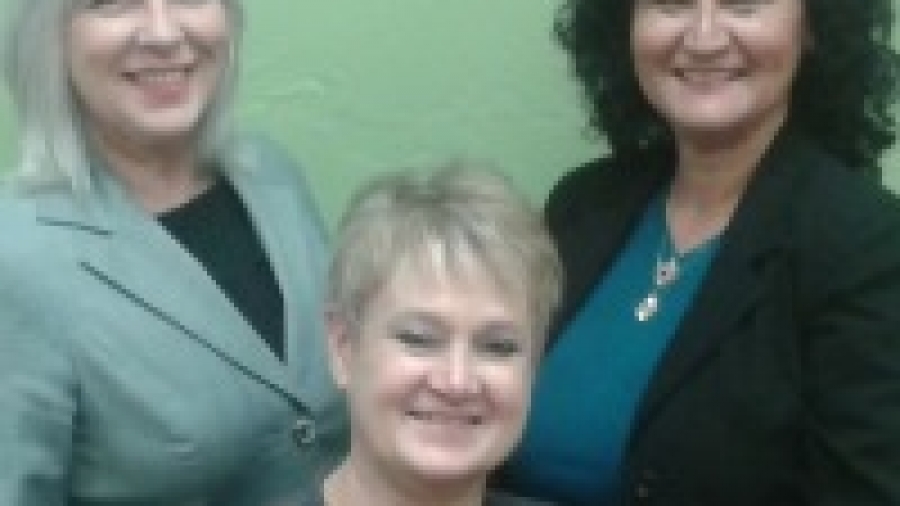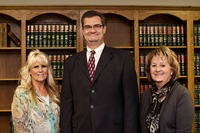The daily water cooler chatter at LWP headquarters consists of strategizing the latest challenges attorneys face each day. The incessant struggles; lead generation, lead conversion and retention. Conversations on how to support our members in creating consistent, dependable money in the bank at the end of the week. So when it came time to start planning the lineup for the LWP 7th Annual Practice Enhancement Retreat, WHAT to talk about was not the issue. We were actually torn about which topics to cut.
Together, our CC & I team, mentor coaches and lead team all hunkered down and went way back to step one in The Client Centered Estate Planning Process, The Workshop. And like every first meeting, every workshop starts with the attorney introduction. These usually consist of stuffy biographies with lack of personality and connection, classically from the head vs. heart perspective. So when the committee met around who the keynote speaker candidates were, I immediately went to that snowy day in Denver and the impact National NLP Trainer George Ira Carroll had on me during “The Art of Storytelling” workshop back in March 2012. The event was life-altering. It hit me during that retreat planning meeting, this is exact what was missing from the attorney introductions. They weren’t coming across as real, relatable, approachable, truly caring and trusting. Are these not the very core reasons why we hire someone? For ANYTHING?
On day one of the retreat, George opened by sharing his personal purpose story. WOW. You could hear a pin drop in the room. There wasn’t one of the 150 people in the room not on the edge of their seats with an instant connected heart with direct connection and instantaneous trust. Every single person could relate to some element of George’s story. And the whole experience lasted for 8 minutes. That’s it, 8 minutes to give an intentional, purposeful, heartfelt intro. Most attorneys make their first impression from their head; in that ballroom last Wednesday, we learned to start with the heart, which is especially important in this industry.
Baby boomers, the ideal clients of estate and elder law attorneys, walk into their workshop scared, non-trusting, guarded and usually burned by some other “expert” who was going to make their 2 a.m. “wake up and worry time” go away. So imagine a workshop where you walk in and hear something different. It’s vulnerable. It’s heartfelt. It’s breaking down the barriers of a big bad intimidating attorney in the front of the room -all within the first 8 minutes. Did you ever hear the expression, “You had me at Hello?”
And the cool part of the life-altering work is that we now have 150 humans, team and attorney alike, who are connecting, relating and uniting with their communities in a more authentic manner that makes a difference for everyone involved. It makes each of us richer. In every way.
I am very much looking forward to the water cooler chatter at LWP headquarters in November and December as we approach closing the year. Something tells me the struggles are going to look a little different-like how do we keep up with all the work?
Molly L. Hall, Co-Founder, Lawyers with Purpose, LLC, and author of Don’t Be a Yes Chick: How to Stop Babysitting Your Boss, Transform Your Job and Work with a Dream Team Without Losing Your Sanity or Your Spirit in the Process.













